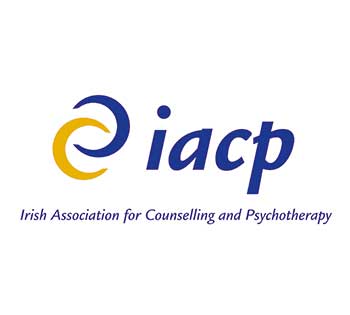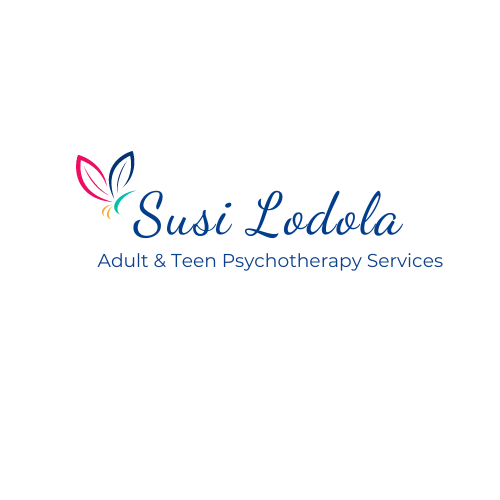
Anxiety can be described as a feeling of unease, such as worry or fear. Most people will experience anxiety from time to time. For example, you may feel anxious before an exam or a medical appointment.
Feeling anxious can be more constant and can often affect day to day functioning.
Anxiety is your bodies alarm system.
When we are faced with a perceived threat, the mind and the body prepare to deal with it. The mind thinks about the worst-case scenario, and at the same time, the body prepares to deal with it.
Your breathing may be faster to provide more oxygen into your blood and your heart may beat faster to get the oxygen-rich blood to your large muscle groups. You may start to feel hot and begin to sweat. Those symptoms prepare your body to fight or flight in a dangerous situation.
This “fight or flight” response is an unconscious process that is normal and protects us. Anxiety becomes a problem when the normal response is exaggerated and it either stops you from doing things, as in social anxiety, or makes you do things repeatedly, as in OCD or health anxiety.
There are many types of anxiety disorders, and it can sometimes be difficult to distinguish them. In our practice we help you to identify your specific anxiety and chose the appropriate treatment for you.
Phobia:
A phobia is a persistent fear of an object or situation and, often, a fear of one’s reaction to it. You may be aware that your reaction is exaggerated, yet you can’t help ityou’re your ability to function may be disrupted
Panic attacks:
Panic attacks are often described as sudden increases in anxiety accompanied by symptoms such as heart palpitations, breathlessness, and dizziness. Those symptoms are often experienced as terrifying and are often misinterpreted as signs of a heart attack or a stroke.
Agoraphobia:
Agoraphobia is a fear of being in a place where escape is perceived as difficult.
Health anxiety:
Health anxiety is a defined by a preoccupation with, and fears of, having a serious illness, either now or in the future. You worry excessively about symptoms and check with your doctor, family or the internet to see reassurance, which temporarily relieves your anxiety, until you feel other symptoms in your body.
Social anxiety:
Social anxiety is defined as a persistent fear of social situations in which you feel you might be embarrassment or humiliated. This fear leads to avoidance of social gatherings or any kind of situation where you feel you might be “exposed”.
General anxiety:
General anxiety is persistent and excessive worries, fears, and negative thoughts about the future. It is often associated with irritability, and sleep disturbances.
Obsessive-compulsive disorder (OCD):
OCD can be persistent intrusive thoughts, images or impulses, and/or compulsions and/or avoidances. You may understand that your thoughts and behaviours not rational, but you are compelled to continue with them.
PTSD
Post-traumatic stress disorder (PTSD) occurs following an event or series of events deemed seriously threatening. Symptoms include intrusive thoughts about the event, memories of the traumatic events like flashbacks and nightmares.
When you experience anxiety in certain situations you may start avoiding those situations, you may be scanning your environment for possible danger, you may have intrusive thoughts, or you may be looking for reassurance from family/friend/internet.
All of those actions will provide temporary relief from anxiety; however it will also maintain it because you are not learning that you overestimate danger and underestimate your ability to cope with it.
Cognitive Behavioural Therapy (CBT) has been shown in thousands of studies to be highly effective in treating anxiety.
By learning to understand how anxiety is maintained in your circumstances and helping you to break the vicious cycle you will be able to return to regain your confidence and master your fears.
You may also benefit from adding mindfulness exercises to your treatment and in some cases anti-anxiety drugs may be used for a short time to help overcome the worst anxiety symptoms.
This article by Susi Lodola may be helpful if you worry and/ or are feeling anxious.
“Are you worried about no apparent reason?”



© Copyright 2022 | Susi Lodola. All Rights Reserved | Powered by Digital Media Center